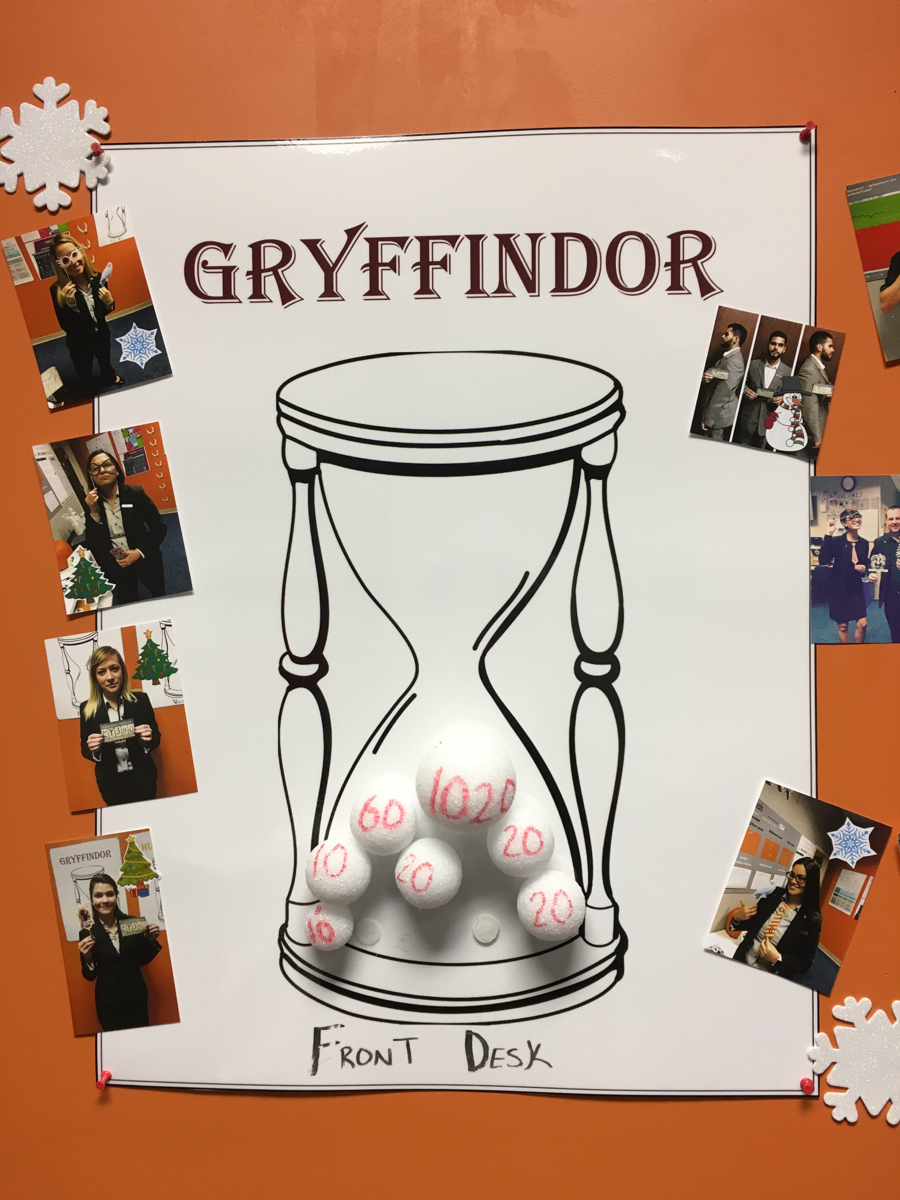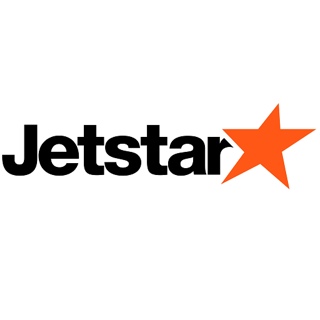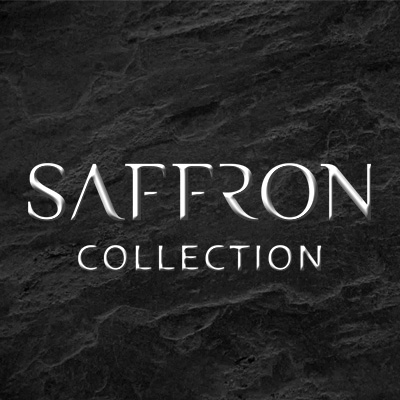Information
-
Document No.
-
Audit Title
-
Client / Site
-
Conducted on
-
Prepared by
-
Location
-
Personnel
Service Execution: Check-in
-
Ambassador Name
-
Mobile check-in was evaluated
-
The Ambassador followed the 15-5 rule and was always on stage
-
At 15 feet, make eye contact and smile
At 5 feet, maintain eye contact
Greet the guest with a warm greeting (e.g. Good Morning/Evening)
Be on Stage
Mark NO if any of the above criteria is not met -
The ambassador provided a warm and genuine welcome, indigenous, where applicable
-
Mark NO if the Ambassador did not provide a warm and genuine welcome
-
The Ambassador welcomed the mobile check-in guest with the appropriate language
-
Mark N/A if any of the following:
Guest check-in was conducted via standard check-in
The Ambassador must welcome the mobile check-in guest minimally with:
Acknowledgement that they are a mobile guest (e.g. Thank you for using mobile check-in, What did you think of mobile check-in?)
Convey a sense of "Welcoming you to a world of Discovery..."
Recognize applicable Elite status and preferences (e.g. Room Type)
It is NOT acceptable to ask the question "Are you checking in?"
Mark NO if any of the above criteria is not met -
The Ambassador executed payment and key delivery components for mobile check-in
-
Mark N/A if Guest check-in was conducted via standard check-in
The Ambassador must:
Prepare keys and key packets in advance
Hand the guest his/her key packet
Provide directions to the elevator/guestroom
Step from behind the kiosk, if front desk design allows
Verbally confirm the method of payment (e.g. using last 4 digits of credit card)
Review room number discreetly, non-verbally
Mark NO if any of the above criteria is not met -
The Ambassador anticipated the guest needs or delighted the guest during the arrival experience
-
At least once during the arrival process, an Ambassador (e.g. valet, bell, door, reception, leadership, lobby) must anticipate or delight the guest
Anticipate guests needs, examples include:
Offer to take trash from guests hand
Offer an umbrella
Offer to store golf clubs
Offer a bottle of water if guest appears thirsty or hot
Offer of heating pad for painful back
Delight the guest, examples include:
Welcome snack
Room upgrade (room size or view)
Mark NO if the Ambassador does not anticipate or delight the guest -
The Ambassador provoked the guest to discover something new
-
The Ambassador provoked discovery by initiating conversation during the check-in process and providing micro-local recommendations
Examples include:
Offering Local Navigator Guide with corresponding explanation of insider tips
Pointing out unique spots while providing directions to needed destinations
Share interesting facts about hotel/location
Mark NO if guest was not provoked to discover something new -
The Ambassador was knowledgeable about property offerings and local area
-
Pick (1) of the following topics and inquire of the Ambassador
B&F hours of operation
Local Directions
Local Restaurants
Local traffic patters
Mark NO if the Ambassador is not knowledgeable about the above item -
The Ambassador used the guest name during the interaction
-
Mark NO if the Ambassador did not use the guest name during the interaction
-
The Ambassador offered a room upgrade at an additional charge <br><br>*Complimentary if guest is a Gold or Platinum Member
-
The Ambassador provided the Neu Lotus Spa card
-
The Ambassador offered to enroll guest in Marriott Rewards if not currently a member
-
The Ambassador offered "Your Choice" card if guest staying for more than 1 night
-
The Ambassador inquired if the guest was parking a vehicle
-
The Ambassador provided the guest with a Renaissance Journey
-
The Ambassador R Image met standard
-
The Ambassador must minimally demonstrate R Image:
Style
Attire is clean, well maintained, and appropriate fitted to body type (not too tight or baggy)
Attire must match the color palette presented in the Uniform Style Guide
Grooming (i.e., hair, makeup, fingernails, facial hair, etc.) appears well maintained
Verbal Communication
Speaks clearly and politely to guests using appropriate tone and volume
Conveys confidence or enthusiasm when speaking
Non-Verbal Communication
Uses correct non-verbal behaviors (e.g., nods head, maintains eye contact) to communicate understanding
Refrains from pointing, slouching, making "thumbs up" gestures, shrugging
Lifestyle Focus
Reactively asks clarifying questions to understand guests needs and customize the experience
Mark NO if any of the above criteria is not met -
The Ambassador provided a warm/sincere closing, demonstrating appreciation
-
The Ambassador must:
Offer sincere closing
Demonstrate appreciation (e.g., "Thank You", offering further assistance)
Mark NO if any of the above criteria is not met -
The guest felt a genuine sense of welcome
-
The Ambassador was sincere during the interaction and made the guest feel welcome
Mark NO if the guest did not receive a genuine sense of welcome -
The overall experience met guest expectations and was free of negative detractors
-
Mark NO if there was any element that did not meet expectations:
Facility (e.g. china/glass/silver, tray/table)
Product (e.g. condiment presentation, beverage/food items)
Service (e.g. greeting, engagement, closing) -
The Mobile Check-in Sign is present at all times
-
Mark N/A if BSA is conducted prior to Mobile Check-in program launch
The Mobile Check-in sign must minimally be:
In a dedicated Mobile Check-in area
Present at all times (24 hours a day)
In a brand specification
Mark NO if any of the above criteria is not met or hotel does not participate in Mobile Check-in -
Add signature














